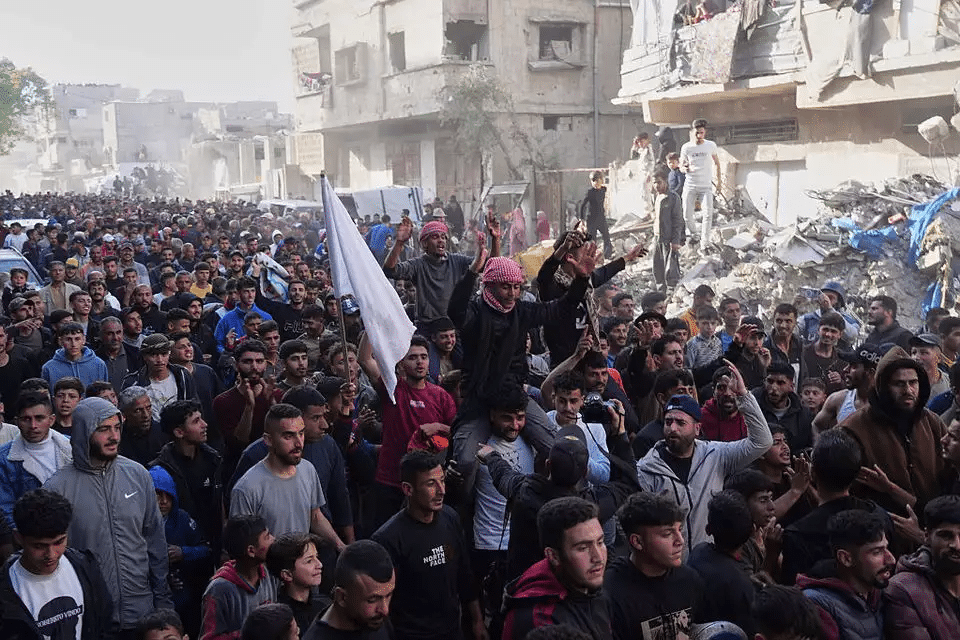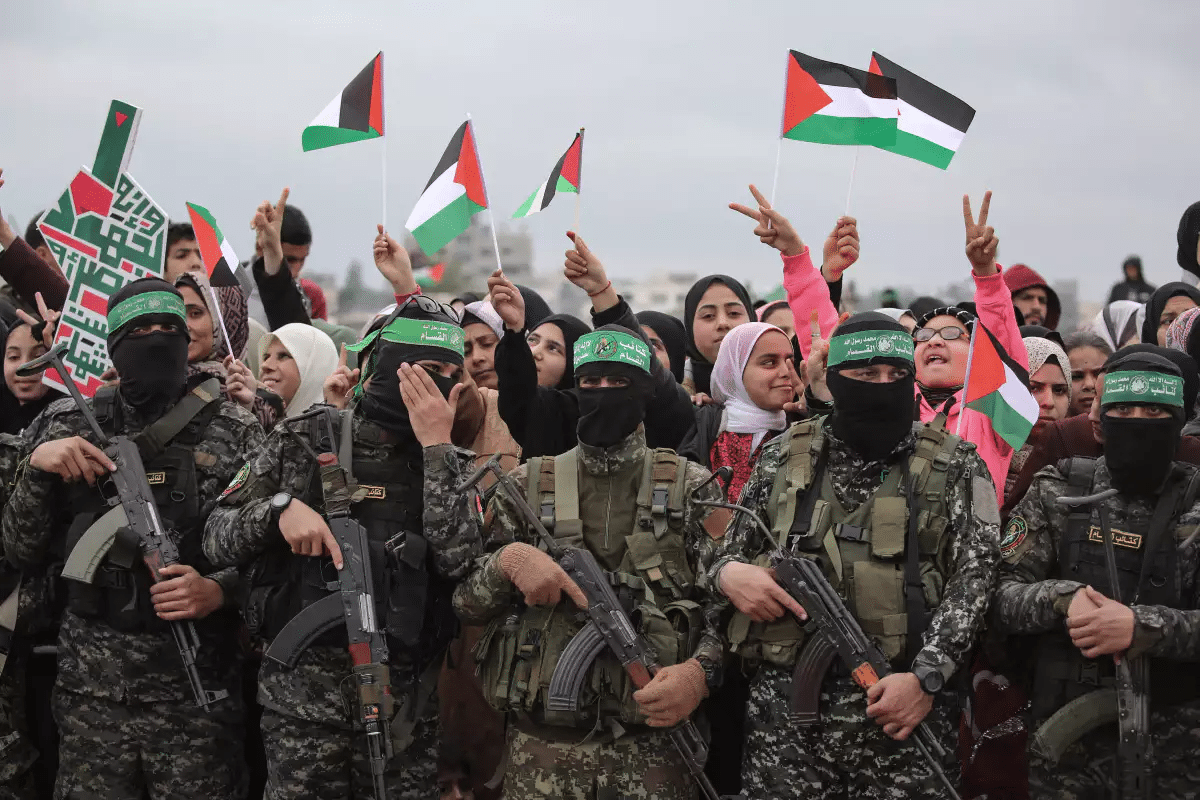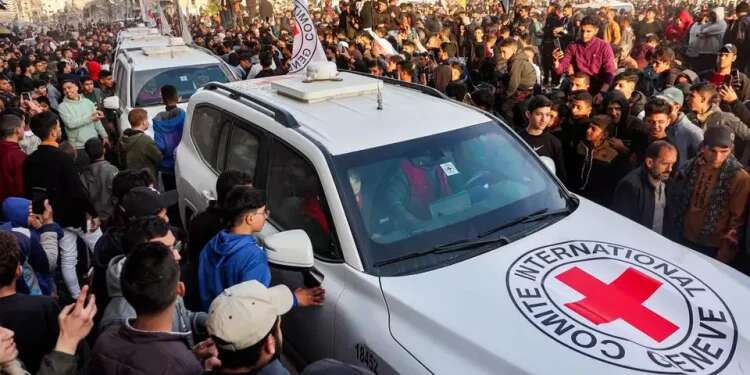Prime Minister Benjamin Netanyahu held consultations following a proposal received from the mediators. Israel has submitted a counter-proposal in full coordination with the US. Hamas has agreed to release 5 hostages, but Israel is insisting on the Witkof deal, which calls for 10 to 12 hostages to be released alive.
According to reports, Egypt has been conducting intensive rounds of negotiations in recent days in an effort to achieve at least a temporary ceasefire for Eid al-Fitr, the holiday marking the end of Ramadan, and extending through the end of Passover.
Under relentless attacks by the IDF on the one hand, and facing the beginnings of a popular uprising on the other, Hamas is showing signs of compromise. Egypt has presented at least three proposals. The first included the immediate release of five or six hostages, with another five to six to be released a week later, in exchange for an immediate ceasefire lasting through Passover, the resumption of humanitarian aid, and renewed negotiations.

After Hamas rejected that plan, another proposal arose: the release of US citizen Edan Alexander and the bodies of four fallen soldiers, in exchange for a shorter ceasefire and a renewal of humanitarian aid. Israel expressed reservations to the Americans about such a release, and in general about a deal that would free only one living hostage.
Ongoing military pressure on Hamas, along with the resurgence of protests agains it in Gaza, has led to a slight shift in its position. Egypt presented an upgraded proposal: the release of 10 to 12 hostages (half of all living captives) in two stages over several days, during which Israel would permit humanitarian aid to enter and express readiness to resume negotiations as agreed in the previous deal, which included a full IDF withdrawal. According to this proposal, the remaining hostages would be released once negotiations resolve the core issues.
Hamas responded that it is prepared to release five hostages, but only if a ceasefire of at least several weeks is agreed upon, along with talks on ending the war and the renewal of humanitarian assistance. At the same time, Hamas released another psychological pressure video, warning that time is running out.

These proposals are circulating between the parties with minor changes and evolving drafts. The most recent in-person meeting was held Friday in Doha with representatives from Hamas, Qatar, and the mediators. Since then, talks have continued via phone.
Israel is aware of all the drafts and proposals, but no serious offer has yet been formally received that meets its demands. Nevertheless, the proposals remain on the table, and on Saturday evening Prime Minister Netanyahu convened a small security-diplomatic team to discuss the latest developments and offers.
According to a senior Israeli official, Hamas's shift stems from military pressure and concern that renewed, intensified fighting could halt its recovery process. Israel officially adheres to the US's stated position demanding the release of all hostages and the removal of Hamas from the Gaza Strip, including its disarmament. Hamas has already declared it will neither leave Gaza nor disarm, meaning that while a partial "humanitarian" deal remains possible, a comprehensive agreement to end the war is unlikely.




